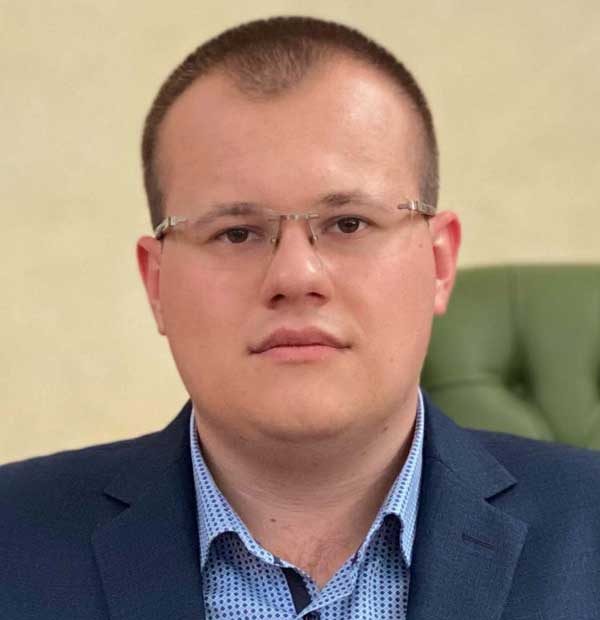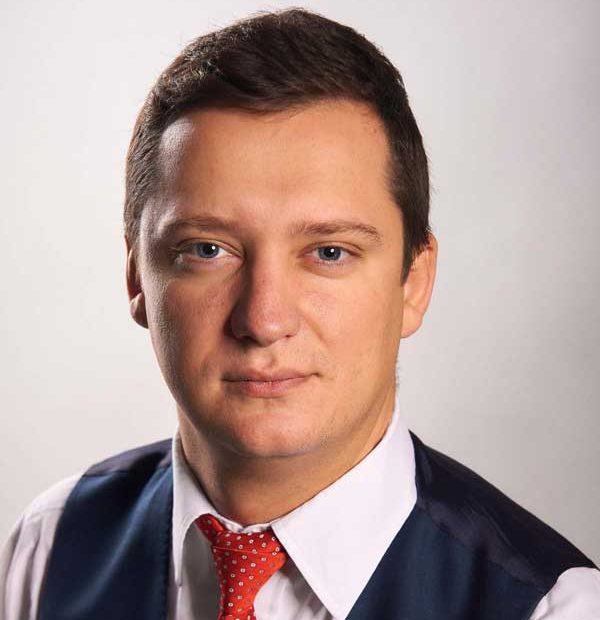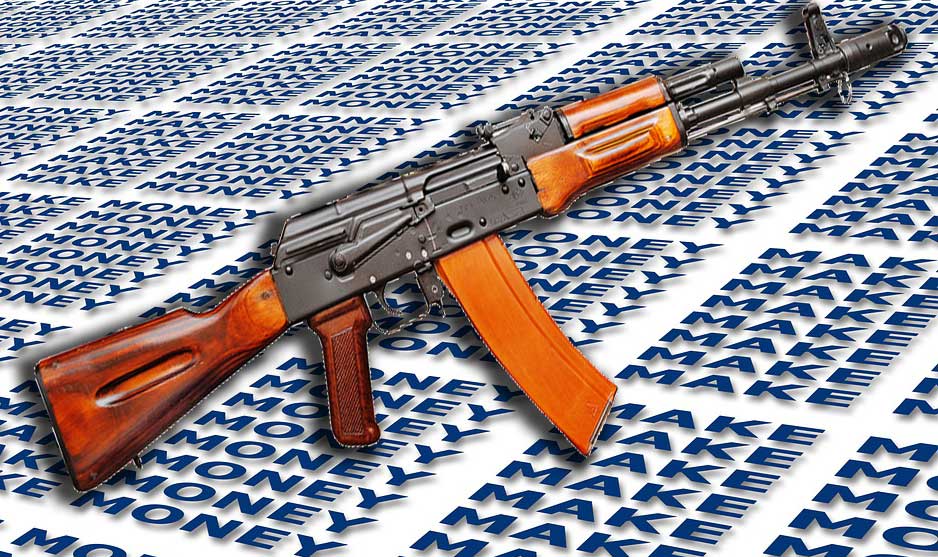

It is doubtless that today’s Russia is “The Empire of Lies.” The way that Putin’s propaganda characterizes the civilized World and the way he uses the “mirror” strategy (a psychological instrument involving blaming others with their main feature) exemplify this.
The unbelievable, unprovoked, and absolutely cruel invasion of Russia to Ukraine, which is, in reality, an invasion not only militarily, but also culturally and societally, would be absolutely impossible without a proper and massive financial foundation. Putin has built four circles of lies regarding the financial issue of this war. In reality, the true number of circles is much, much higher, and they include political, humanitarian, military, and countless others. However, the fundamental problem is the financial issue. In the country where the main civilizational and cultural battle for ordinary citizens is the battle between fridge and TV, they will drop anyone–even Putin–when the fridge becomes empty. Losing billions of dollars on the war without any compensation (if not counting the compensation of carpets, forks, and lingerie stolen by Russian military marauders from cozy Ukrainian villages) would be impossible without having an unlimited card covering military costs. The extra money also should have been saved from paying for castles and yachts of close oligarchs, and reparation costs for Chechnya’s head Kadyrov. This large pot of money, which otherwise could be successfully used to, for example, reduce the number of outdoor toilets in Russian households from the current 20+ million is instead being appropriated to fight Russias`s war. Can you imagine a country so big, so official, and with an even bigger unofficial military budget, with a large segment of the population who are forced to use a toilet outside their houses in -20 degree weather several months per year?
So the question is, where did Putin get the money for the war, and how can he continue financing it under the sanctions? We’ve got answers.
First of all its crypto.
Russians clear their funds through realty in Saudi Arabia and the UAE. Buying estates with crypto and selling it with fiat money solves two problems at once: they get a sufficient amount of funds, and acquired legally. Legal foreign money that does not suffer from sanctions allows for oligarchs to continue living comfortably and to have access to forbidden technologies, such as tank optic details from Taiwan or tactical drones from Indonesia. Legally, Russia is not the party of the contract, but the fact is that the approach is superficial. Making deals below the surface allows oligarchs and the government to avoid attempting to go through regulated, official channels. Unexpected examples are more surprising. Some Swiss banks receive crypto transfers to open or top up virtual accounts. These transfers can be used in different ways, from linking to ApplePay to buying weapons or bulletproof vests from European suppliers for Russian private military companies (and the legend in negotiations is that they buy it for Ukrainian resistance/Civil Defense Forces – with a proven case from a known Czech company).
Secondly, duplicitous countries.
No need to mention China or India – their position is clear. But the fact that Russians didn’t share their plans before the war and are asking for help only after, with Lavrov living in his airplane since the 24th of February, means that conditions of that potential help will be more expensive for Russia, and the help itself will be more dangerous for those assisting. However, there are countries who politically confirm sanctions and speak out on Ukrainian sovereignty but at the same time economically assist Russian businesses to avoid complications. One example is Kazakhstan, with their Kaspi Bank allowing Russians to open accounts, use SWIFT, and even permit cash withdrawals worldwide.
While Kazakh politicians support sanctions and assert Crimea and Donbas are Ukrainian, Russians are free to create companies to continue receiving supplies from China and even the USA. However, there are more unexpected examples of Russian neighbours who potentially could be the next targets of Putin. Estonia allows the opening of legal entities for Russians–these companies operate normally worldwide. Finland, which suffered from Russian military aggression previously and even lost some of its territories, is another surprising example. A country that is aiming for NATO membership is at the same time continuing business with Russian Railways, a company that in turn supplies Russian Army logistics chains with missiles and tanks which destroy civilian targets in Ukraine like maternity hospitals. Finnish VR Group president Lauri Sipponen could be explaining his position soon to his government and his more clever partners in the European Union–Mr. Sipponen, don’t forget to express your respect to your war-supporting friend Belozerov when Russian Railways arranges logistics for rocket divisions to bomb Helsinki and your office on Radokatu.
States such as Brazil, Hong Kong, Dubai, India, Iran… these countries today are valuable links of Russian economic supply chains. Here is an example: a Hong Kong company buys several hundred containers with useful things for the Russian Army in the USA, but in Chinese Ningbo, without any additional taxes, the direction of the shipment is changed. Surprisingly, the new direction is the Russian Federation. FRESCO or SINOKOR are happy to deliver that to Russia. It passes on the railway from Vladivostok and the deal is done. This is the reason why Putin needs negotiations now. The train from Vladivostok is not a 1-day task. Brazilian shipments, which don’t only contain coffee, are approved to go to Russia through Istanbul and Bender-Abbas (Iran) and then by trucks. Not easy, but possible.
And about “wallets”
There are a few places Putin and the Russian government store and receive their money. One example is The Surgutneftegaz (Surgut Oil and Gas). In this example, with blocks and schemes, you may see the scale. Surgutneftegaz is an extremely secret and non-transparent entity. Despite all national and international legal demands the company doesn’t disclose the shareholders list. There are 35 Russian legal entities involved in the company’s structure and a dozen from Cyprus. When you dive into the details it becomes obvious that most of the Russian-linked bodies in the structure are fake, and all the money goes to mysterious third parties. There are three to six companies registered in small villages near Surgut under the same address. They all have identical financial reports, 10-20 thousands roubles (around USD 100) of authorised capital, and similar cash flow waves–35-40 billion roubles net income each in 2019 (USD 0,5 bln according to the rate of that period) and losses of 15-25 bln roubles in 2020. No market influence could cause such changes. This was clear and typical money laundry, gathering enough funds to support the war and pay for the loyalty of Putin’s close circle. Timchenko, Kovalchuk, Sechin, Miller, Roldugin, Rottenbergs, Mordashov and even Alina Kabaeva are grazing on the pasture of Surgutneftegaz. In Q1 2021 Surgutneftegaz had USD 45 bln on accounts that continue to grow. This is one of Putin’s direct wallets with money not being used for his country’s development, but for feeding his internal and external demons.
Taking all the above mentioned into account, it’s clear as a sunny day in May in Odesa that the important task of every government, company or powerful individual is to help the World with tactically destroying of all options that help Putin to continue this war against the World on the territory of Ukraine and finally stop that avalanche of the circles of lies he is poisoning the World with.
What are the 4 circles of Putin’s lies mentioned in the title? It’s quite easy to detect.
The first one is lying to his people. Not spontaneously, but as his global life strategy since his KGB times. When you lie to someone, you both are guilty. One is a liar, and the other believes a liar. Russian people agree with mobile crematoriums being “utilized” by the army. Someone’s kids. Why would Putin pay a proper pension to his dead soldiers’ families when you can announce them “missing” with no chance to be found? Life is a lie, pa pa papapa (you may sing it with a popular melody in your head). He even can’t be brave enough to call the war-war. The Russian president even invented the phrase “special military operation” to avoid a Russian constitution violation. The severe penalties could be applied to the head of the state who started a war, but there are no consequences for those who start a special military operation. Could Leo Tolstoy know that his masterpiece’s name should have been “The special military operation and peace?”
The second one is his lie to the whole World. As he personally, and Russia in general, understand only the language of power, they are trying to speak that language calling the white black and vice versa. Only messages from Ukrainians received in the language of power changed Russian negotiation positions. Only the language of power spoken by World leaders could lead to the victory of the whole World.
The third lie is his lie to his close circle. MI6 and CIA analytics confirmed that most of his proxies were totally surprised when intimidation actions turned to rocket missile bombing of peaceful Ukrainian cities and killing civilians. How could they keep believing their leader when he is LIEder now?
And finally, the fourth one is his lie to himself. Irreversible mental changes made Putin a messiah in his own eyes and in the eyes of many Russians, but the truth is that he is not. He was just an old dying tyrant, who was the richest and most powerful man on the planet on paper until he persuaded himself that he needed factual proof of that power. It appears that the King is Naked like in Andersen’s “The Emperor’s New Clothes.” Everyone can see it except himself, and every minute there are a declining number of people who still believe him.
Artem Oliinyk is a political scientist, President of the IAPSS in Ukraine and research assistant at the Academy of Political Sciences of Ukraine, Director of the Institute for Government Relations (Kyiv).
Mykola Volkivsky i is an international public figure, holder of the Lane Kirkland Scholarship, Founder of the Foundation for the Development of Ukraine in Poland, and the IGR in Kyiv.

